5 Surprising Benefits of Regular Septic Tank Maintenance
Septic tanks are an integral part of many residential and commercial properties, yet their maintenance is often overlooked. It's crucial to understand the importance of regular upkeep and the myriad benefits it entails. This article will uncover surprising advantages that go beyond the obvious. By the end, you'll appreciate why maintaining your septic tank should be a priority. Let's delve into the significant benefits of routine septic system maintenance and how it can impact the broader community and environment.
1. Reduced Risk of Blockages
Firstly, regular septic tank maintenance is a proactive measure that significantly reduces the risk of blockages within the system. As waste accumulates, solid materials can settle and form clogs if not regularly pumped. By scheduling periodic check-ups, homeowners can prevent these buildups, ensuring smooth operation. Moreover, blockages can lead to more severe issues, such as backups, which are messy and inconvenient. Addressing potential blockages early avoids such unpleasant scenarios.
Blockages can also exert additional stress on the septic system, leading to premature wear. Over time, this stress compromises the system's efficiency, shortening its operational lifespan. If neglected, minor blockages can escalate, causing extensive damage. Therefore, a routine maintenance schedule minimizes such risks and supports system longevity. Investing in regular maintenance shields homeowners from significant, costly repair works later on.
A properly functioning septic system can last between 20 and 40 years, according to Forbes. This lifespan, however, is contingent upon diligent care and upkeep. Regular inspections and cleanings ensure the system functions optimally throughout its lifespan. Addressing minor issues prevents them from escalating, which could otherwise lead to system failure. Homeowners benefit from an extended system lifespan while avoiding untimely replacements.
2. Minimized Repair Costs
One notable advantage of regular septic tank maintenance is minimized repair costs over time. Routine inspections allow professionals to identify and rectify minor issues before they escalate into significant problems. This proactive approach results in cost savings, as emergency repairs tend to be more expensive than regular maintenance. Early detection is key to preventing costly damage that could result from neglected system components. Therefore, regular maintenance acts as a preventative measure, safeguarding homeowners' finances.
Moreover, septic system malfunctions can cause issues beyond just mechanical failure. A malfunctioning system may lead to environmental contamination, resulting in fines or additional reparative expenses for affected areas. By maintaining the system, homeowners minimize such risks and their associated costs. Ensuring peak efficiency through regular upkeep consequently offers financial peace of mind. In the long term, this translates into substantial savings when compared to the cumulative costs of emergency repairs.
Insurance providers also acknowledge the importance of maintenance by offering lower premiums for well-documented service records. Just as regular car servicing can keep insurance claims down, septic tank maintenance plays a similar role. A well-maintained system is seen as a lower liability, which can factor into more favorable insurance deals. Thus, the cumulative financial benefits of regular septic maintenance encompass both immediate savings and long-term financial advantages. It ultimately creates a win-win situation for both the property owner and their insurance provider.
3. Extended System Lifespan
Routine maintenance is integral to extending the operational lifespan of a septic tank. Regular inspections and timely interventions ensure the system remains in optimal working condition, reducing stress on its components. Over time, constant strain can weaken parts of the system, leading to failure before expected. Maintenance addresses this by catching potential issues while they're manageable. This foresight prevents the premature replacement of the tank, further preventing the monetary and practical burdens of early system failures.
In addition, ensuring that the tank functions correctly helps it to sustain its maximum performance capacity throughout its natural lifespan. Given that a septic tank can last between 20 and 40 years, meticulous care becomes vital to achieving such longevity. With dedicated maintenance, the septic system can operate without diminishing efficacy. Hence, the operational age of a septic system directly correlates to the consistency and quality of its care. Ensuring longevity means the homeowner capitalizes on their investment over decades.
Professional consultations offer insights into the specific needs of each septic system, tailoring maintenance strategies accordingly. This personalization prevents over-servicing or under-servicing, both of which can be detrimental. Over-servicing wastes resources, while under-servicing accelerates wear and tear. Therefore, consultations and personalized approaches allow the maintenance plan to align with the unique demands of the system. An efficient, extended lifespan results from such strategic care.
4. Improved System Efficiency
Furthermore, efficiency is the cornerstone of any well-functioning septic system. Regular maintenance ensures that the system is able to break down waste efficiently and effectively. Clogs and build-ups can impede this process, causing the system to work harder and use more energy. Maintaining a system avoids unnecessary energy consumption, providing both environmental and economic benefits. By reducing energy demands, homeowners also contribute to their household's reduced carbon footprint.
Moreover, an efficient system translates to consistency in waste management processes. Regular maintenance helps to ensure the system can handle waste without complications or interruptions. Consequently, homeowners experience predictable and reliable performance, alleviating concerns regarding unexpected failures. The enhanced operational efficiency aligns with the desired functionality of modern homes, prioritizing ease and reliability. Therefore, efficiency improvements through maintenance feed into the broader theme of environmental conservation.
Over time, efficient operation also limits stress on the natural ecosystems surrounding the property. Properly performing systems reduces the likelihood of harmful waste leakage into the surrounding soil and waterways. In turn, this maintains local water quality and protects wildlife and natural resources. Preventing operational inefficiencies also ensures that homeowners adhere to environmental responsibility. The interrelation between septic system efficiency and ecological impact underscores maintenance's broader benefits.
5. Prevention of Overflow Incidents
Finally, overflow incidents can have devastating impacts, not just on the property but also on the surrounding environment. Regular maintenance prevents these scenarios by ensuring waste levels remain within manageable limits. Overflow can introduce harmful pathogens into local water supplies, posing health risks to humans and wildlife alike. Additionally, such incidents can lead to costly repairs, both to the property and any affected areas. Careful monitoring and upkeep mitigate these risks, fostering a healthier and more secure environment for all.
The management of waste levels prevents the tank from exceeding its storage capacity. Without proper maintenance, unchecked waste can accumulate, leading to increased volume pressure. This stress can cause mechanical failures, leading to overflow incidents that damage landscapes and property structures. Regular tank pumping is an effective strategy in circumventing overflow-related challenges. Homeowners thereby safeguard their property, ensuring environmental compliance and upholding community safety.
Furthermore, alleviating overflow risks adds another layer of protection against unforeseen legal and financial complications. Environmental protection laws often impose heavy penalties on properties that neglect proper waste management practices. Therefore, homeowners can avoid legal repercussions and maintain good standing. Overflow prevention thus embodies a practical approach when fulfilling legal obligations and contributing to overall community wellbeing. Regular maintenance guarantees a responsible approach to property and environmental stewardship.
Regular upkeep not only protects your investment but also contributes to a healthier environment and community. By prioritizing proper care of your septic tank, you reduce risks, save money, and extend its lifespan, ensuring dependable performance for years while promoting responsible property management. Contact Reliable Septic & Services today to get started with our services and for more information.
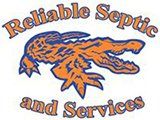
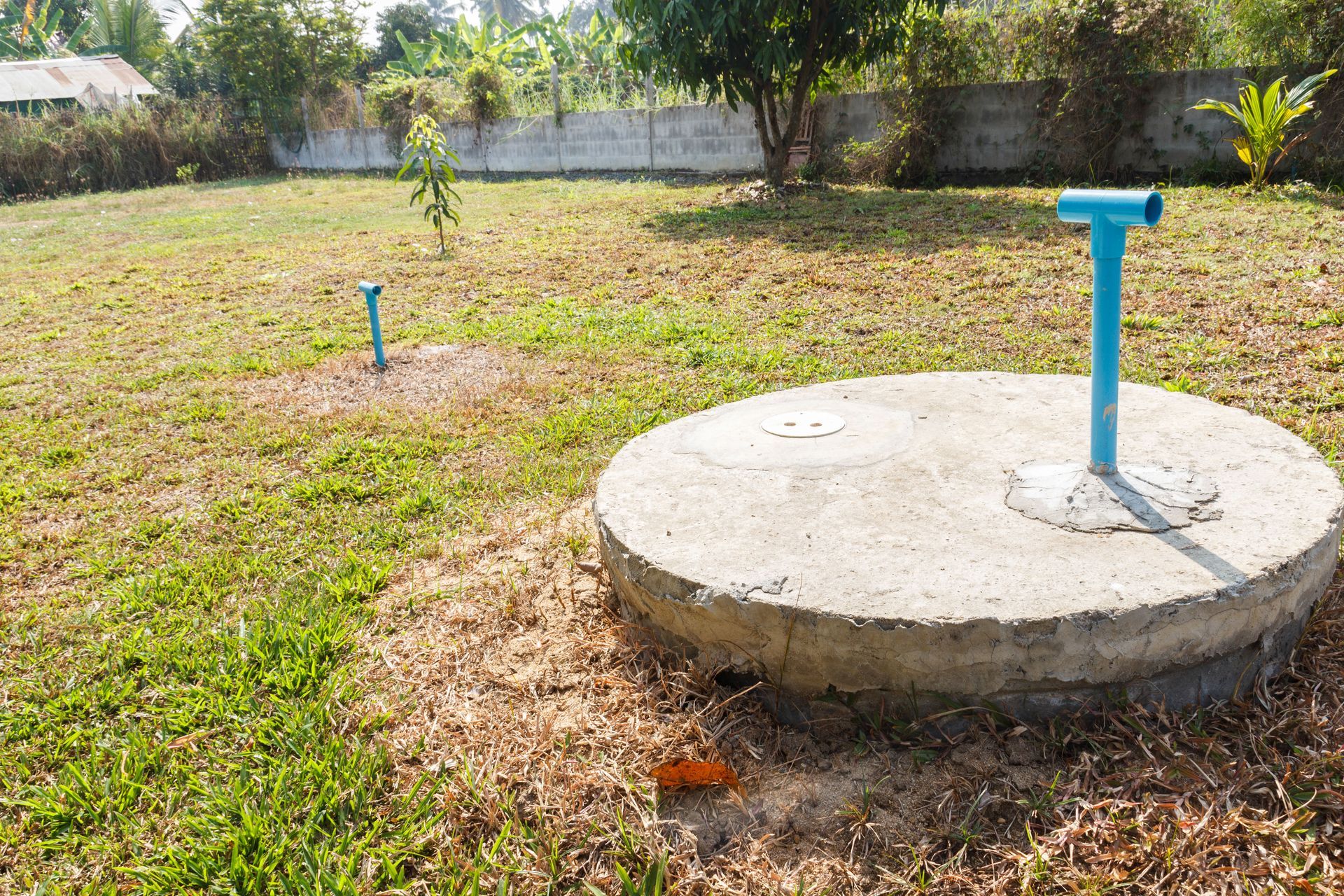
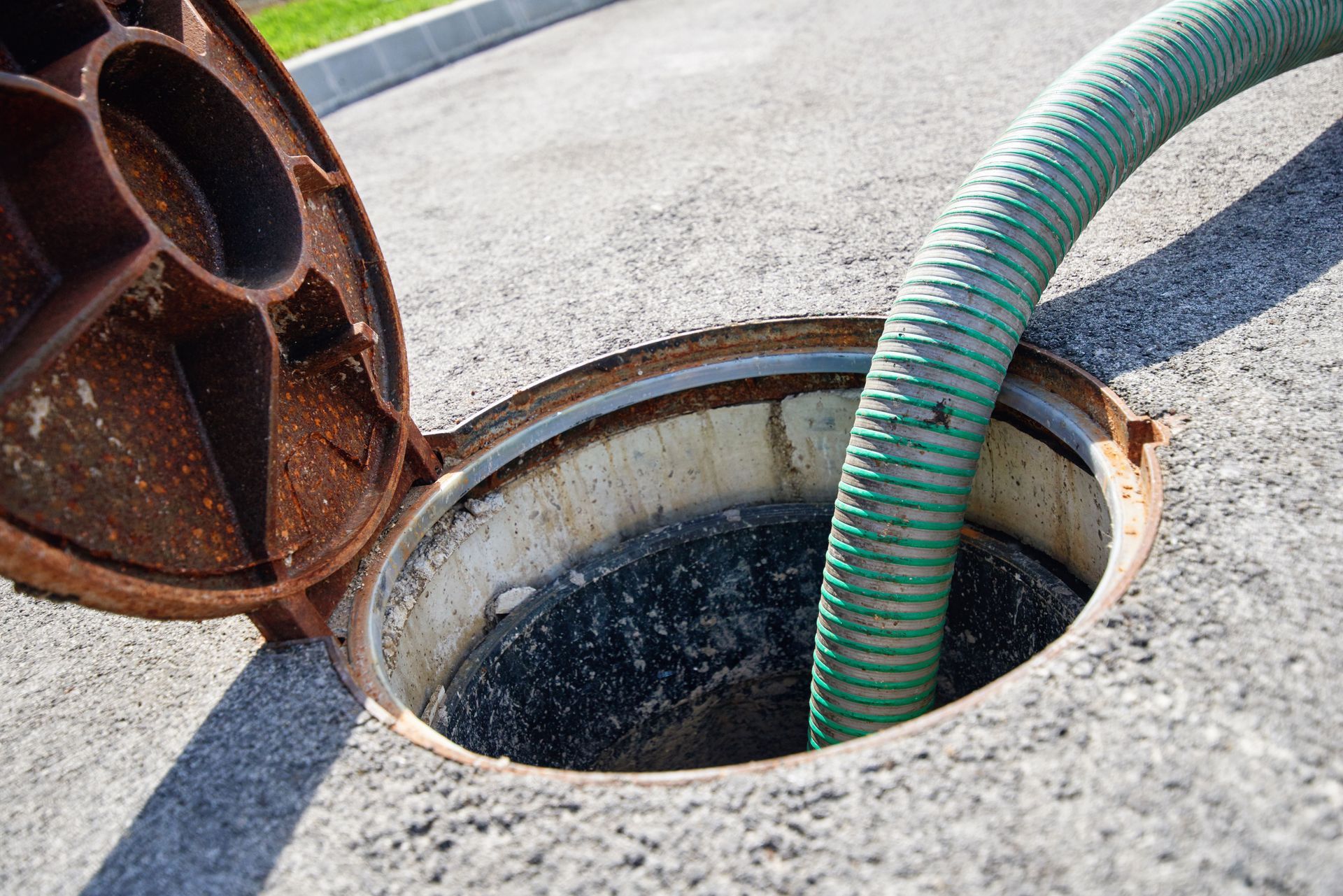
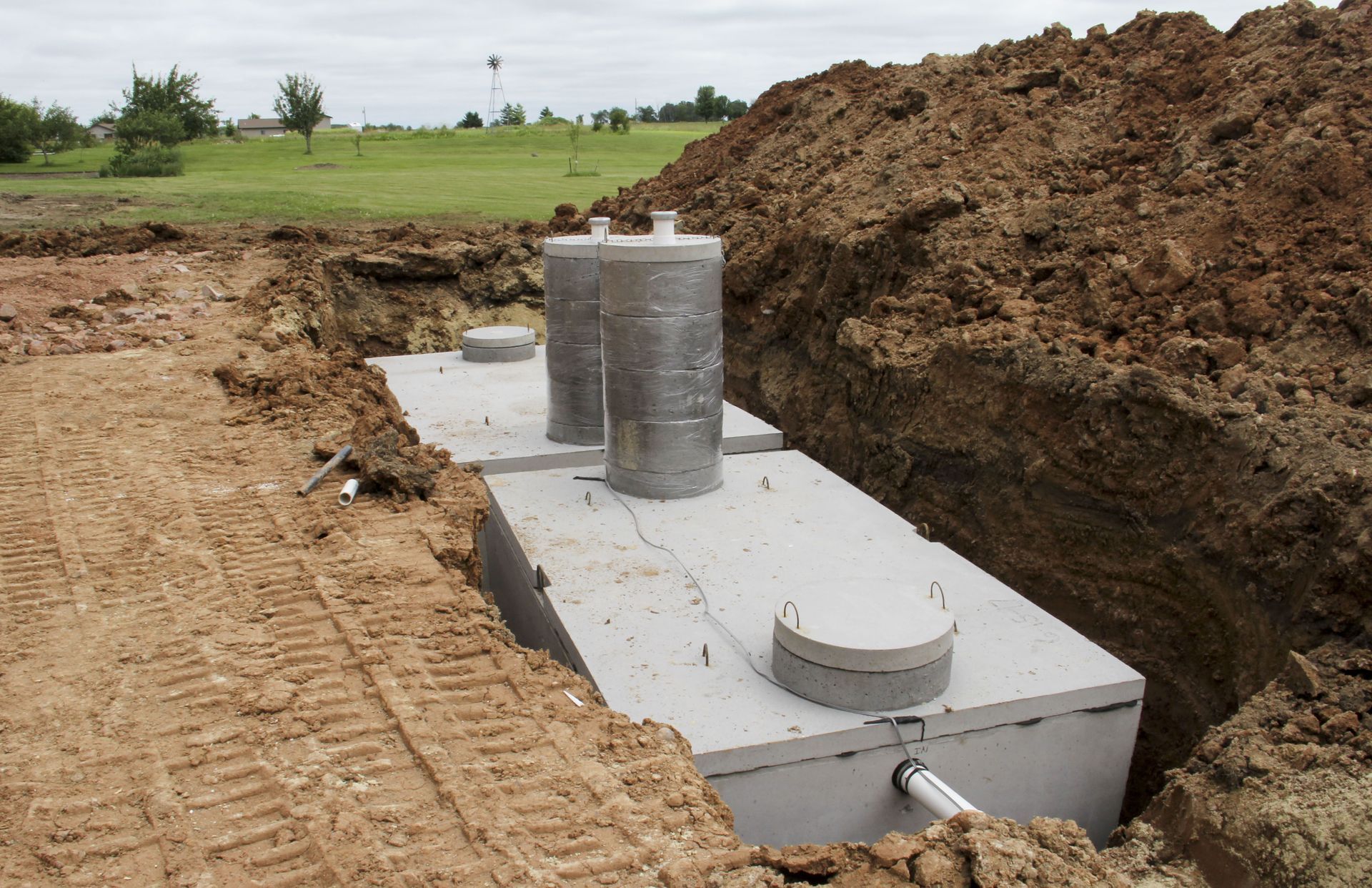
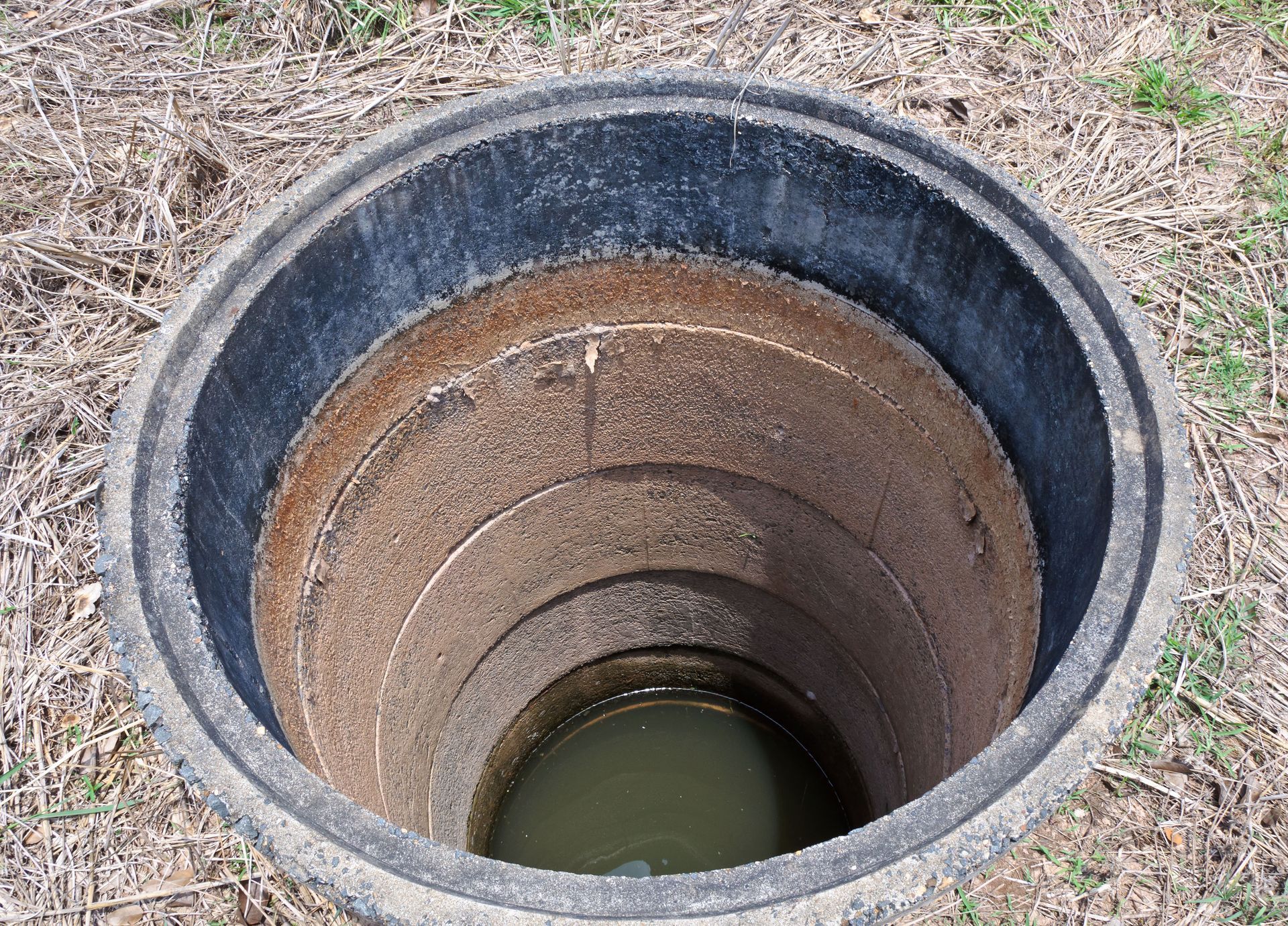
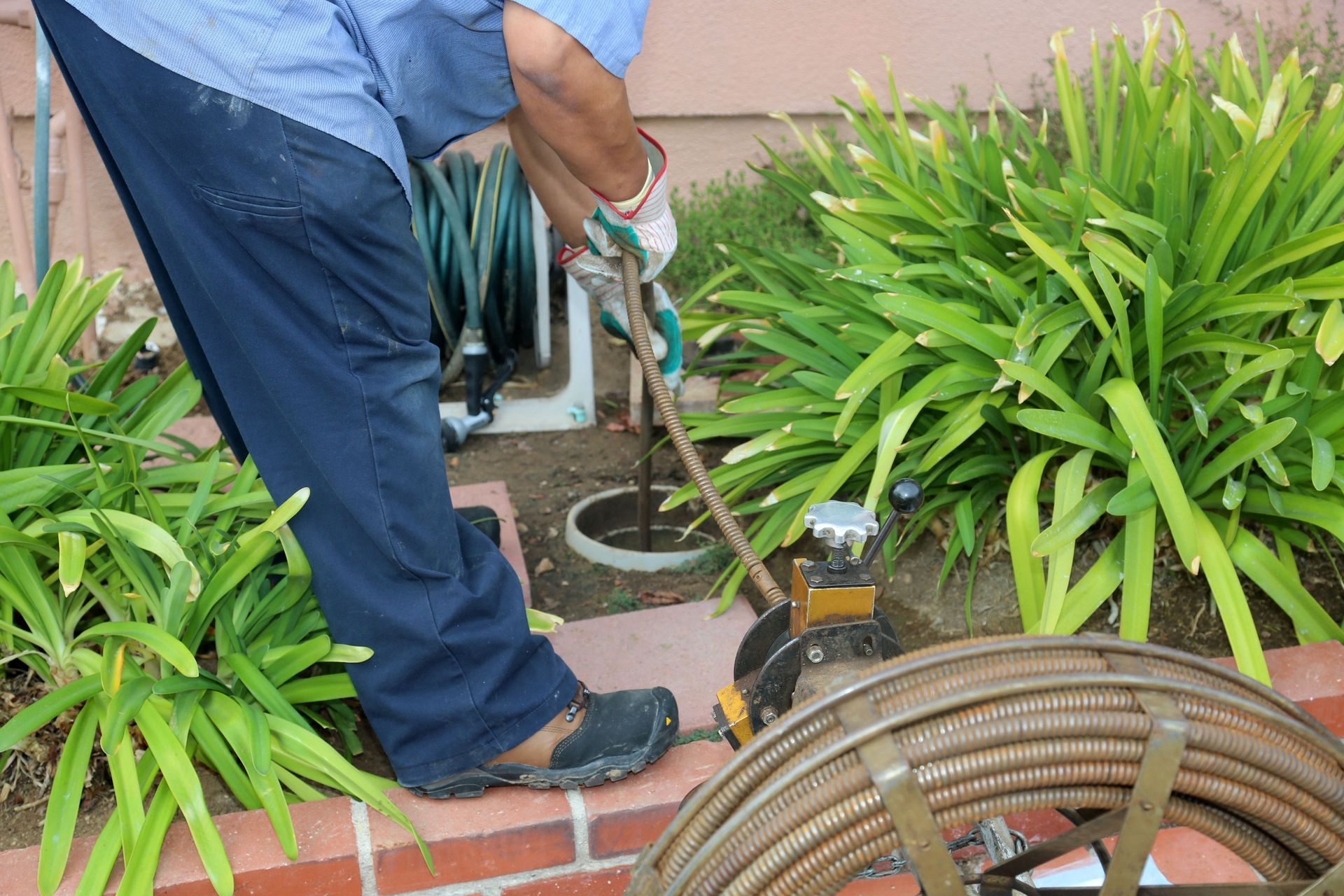
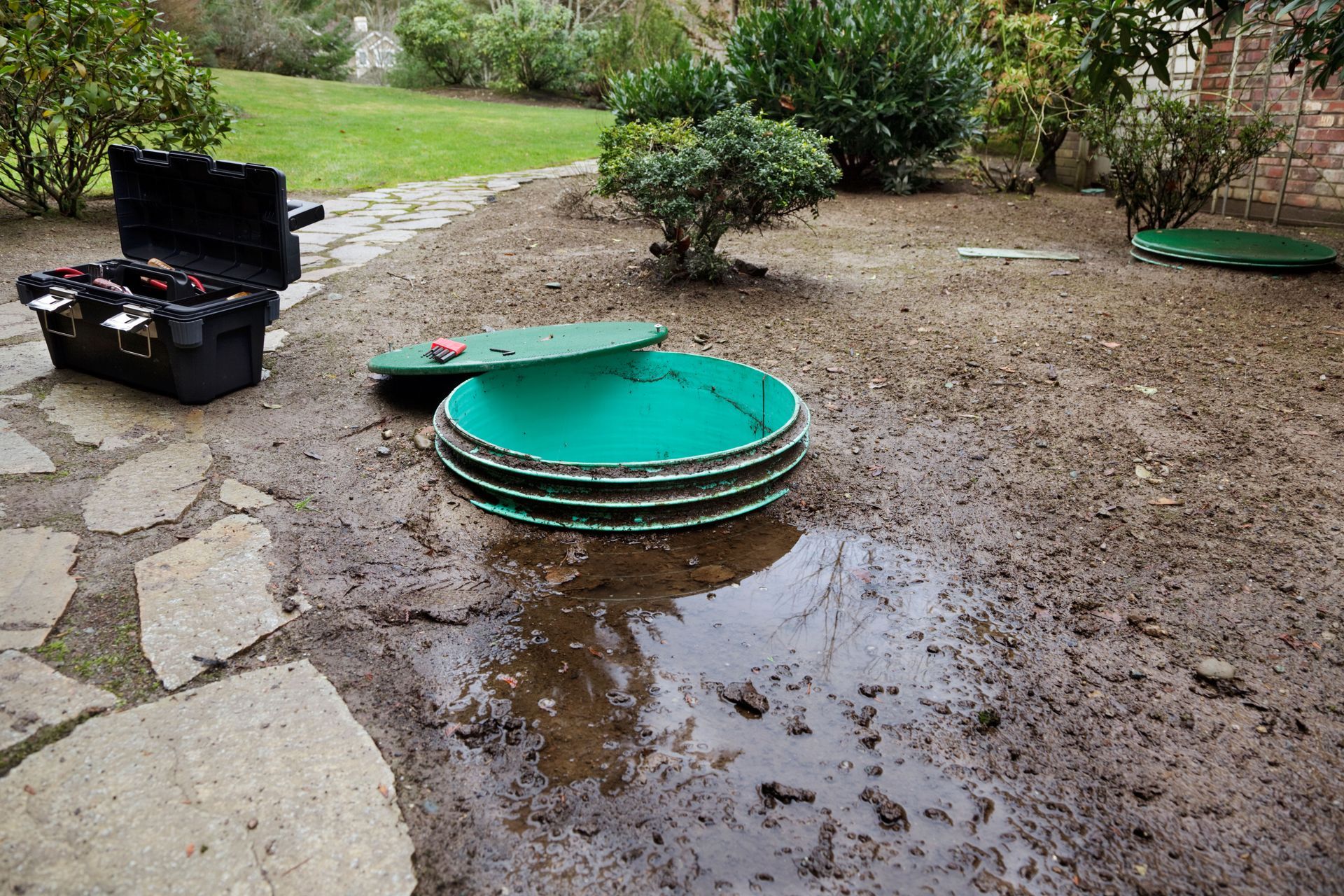
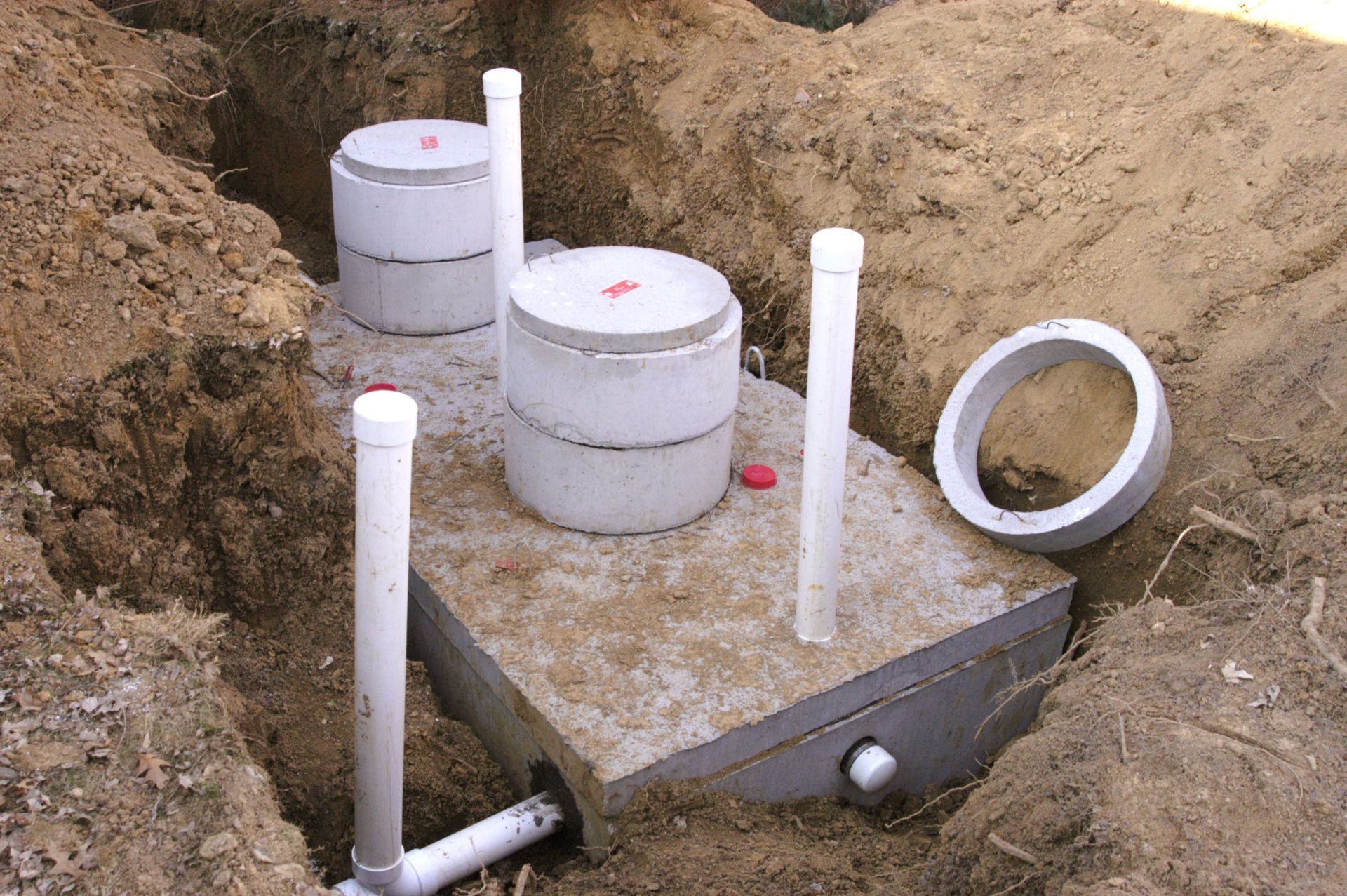
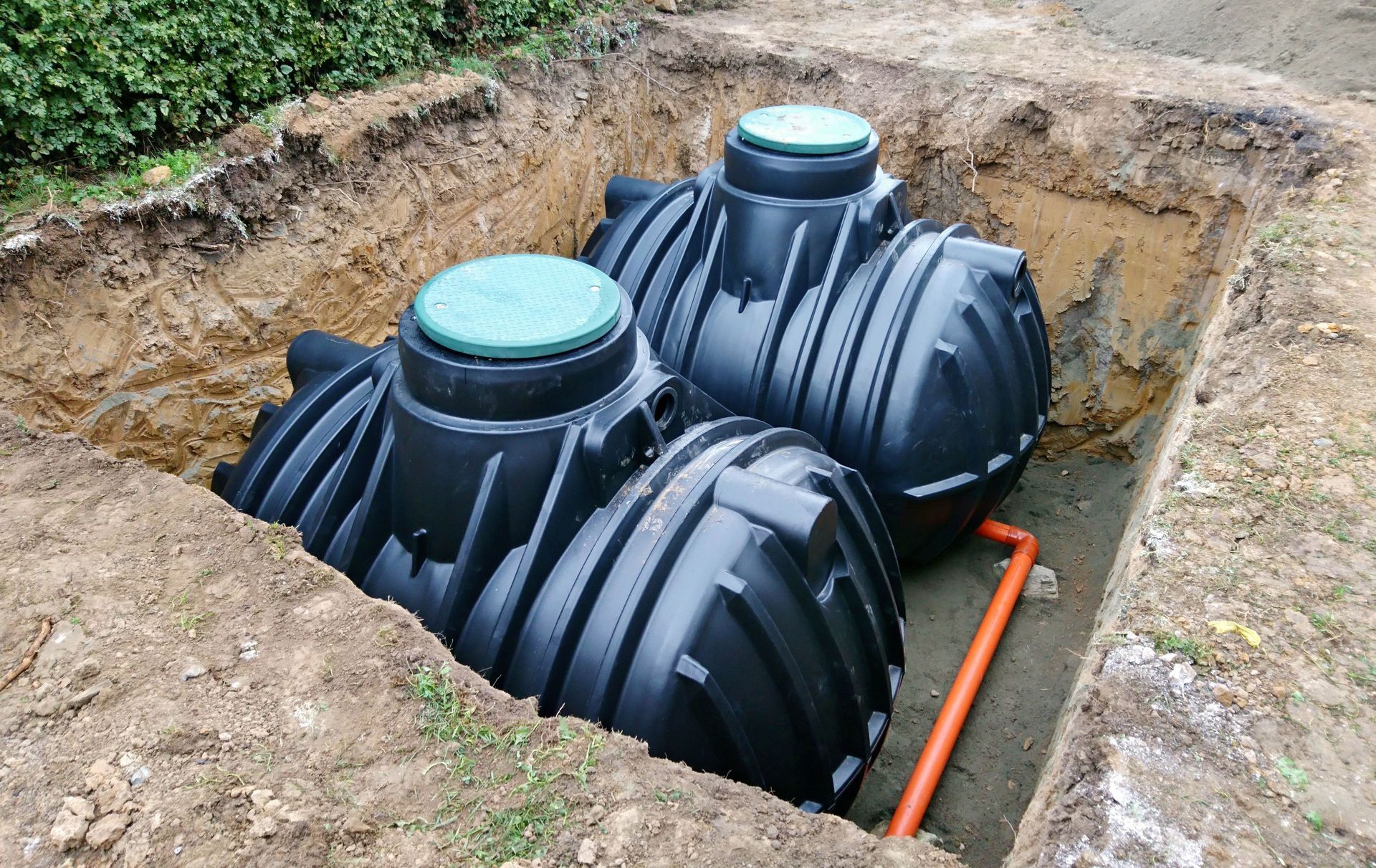
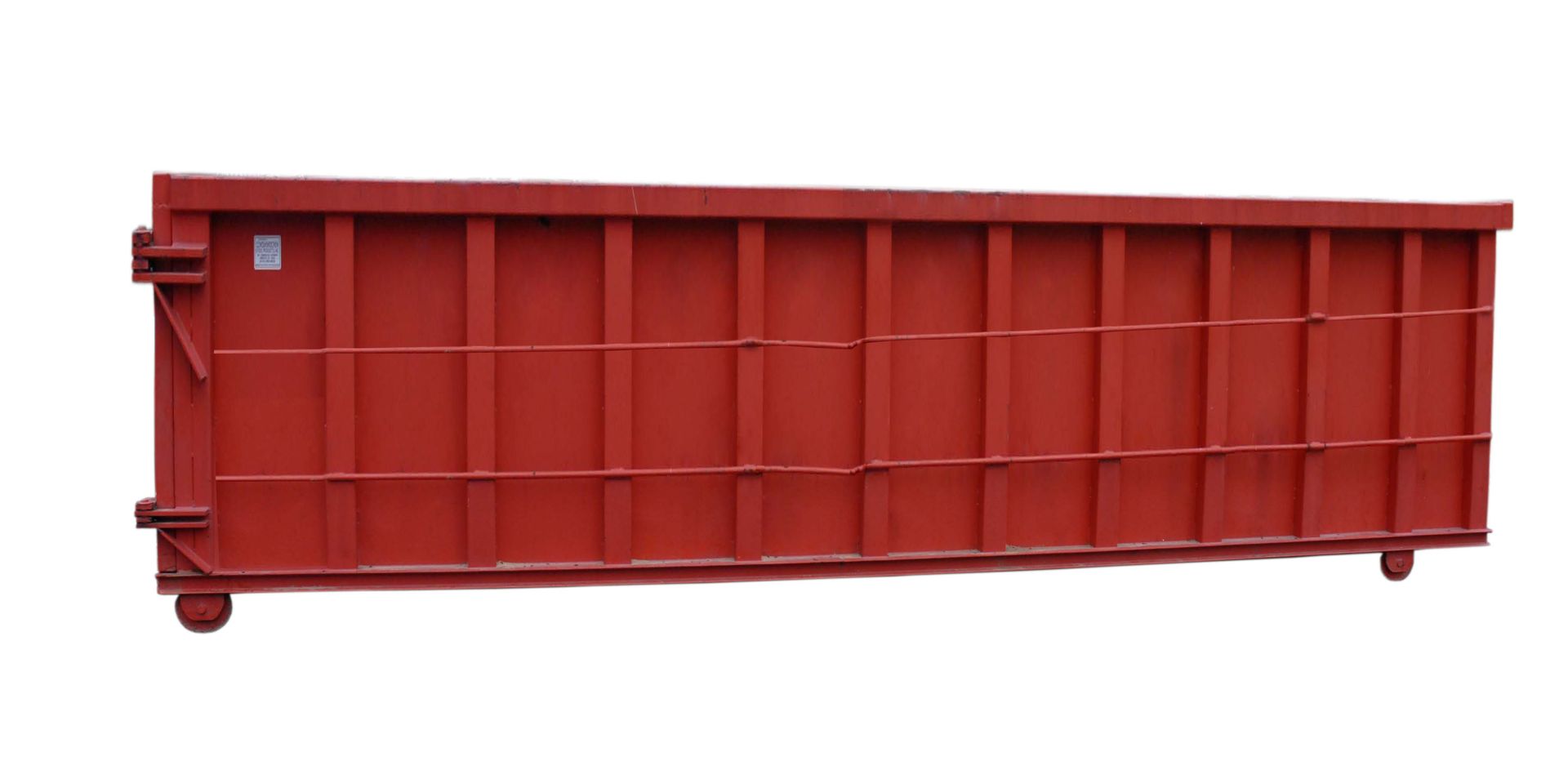

Share On: